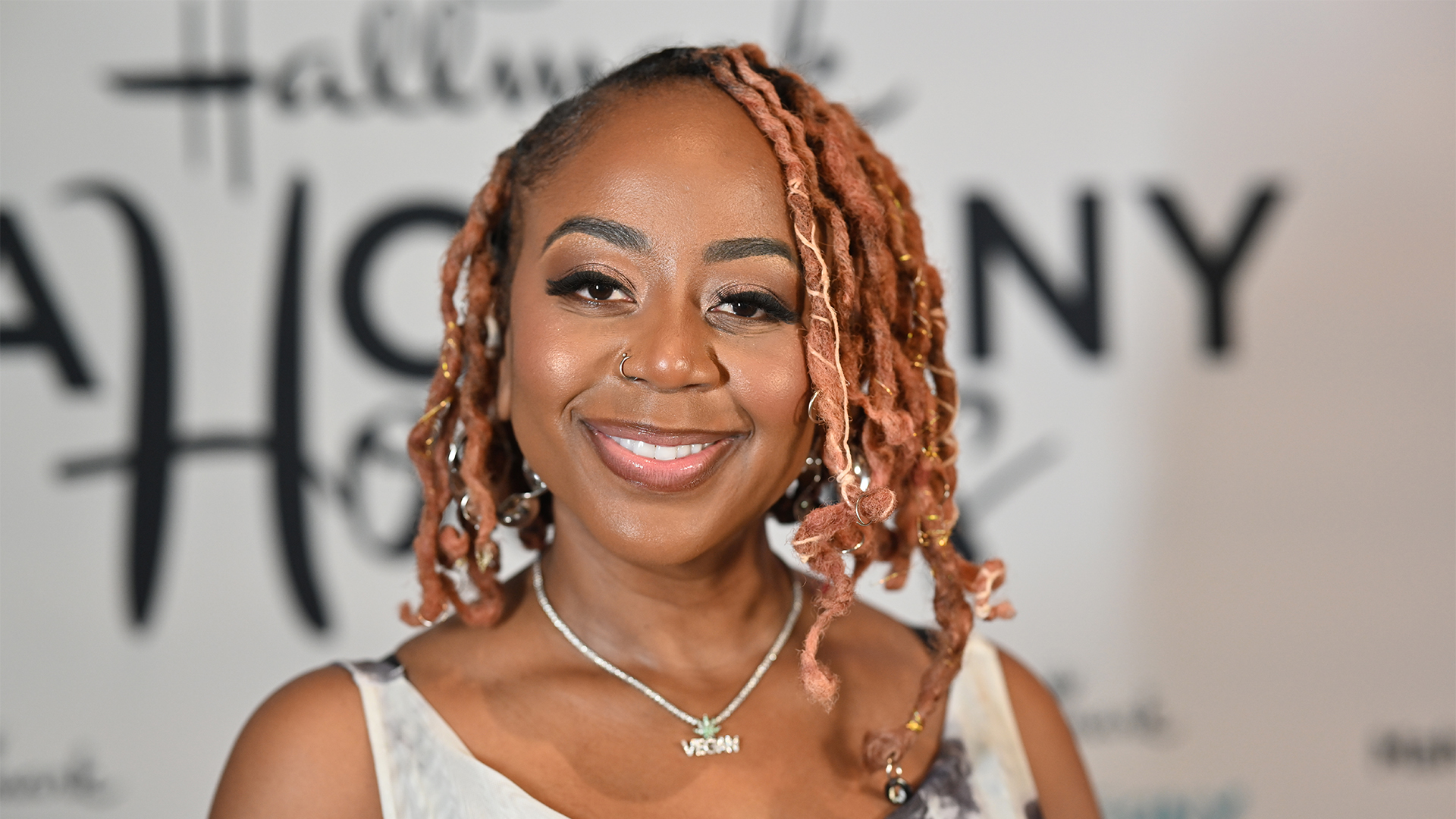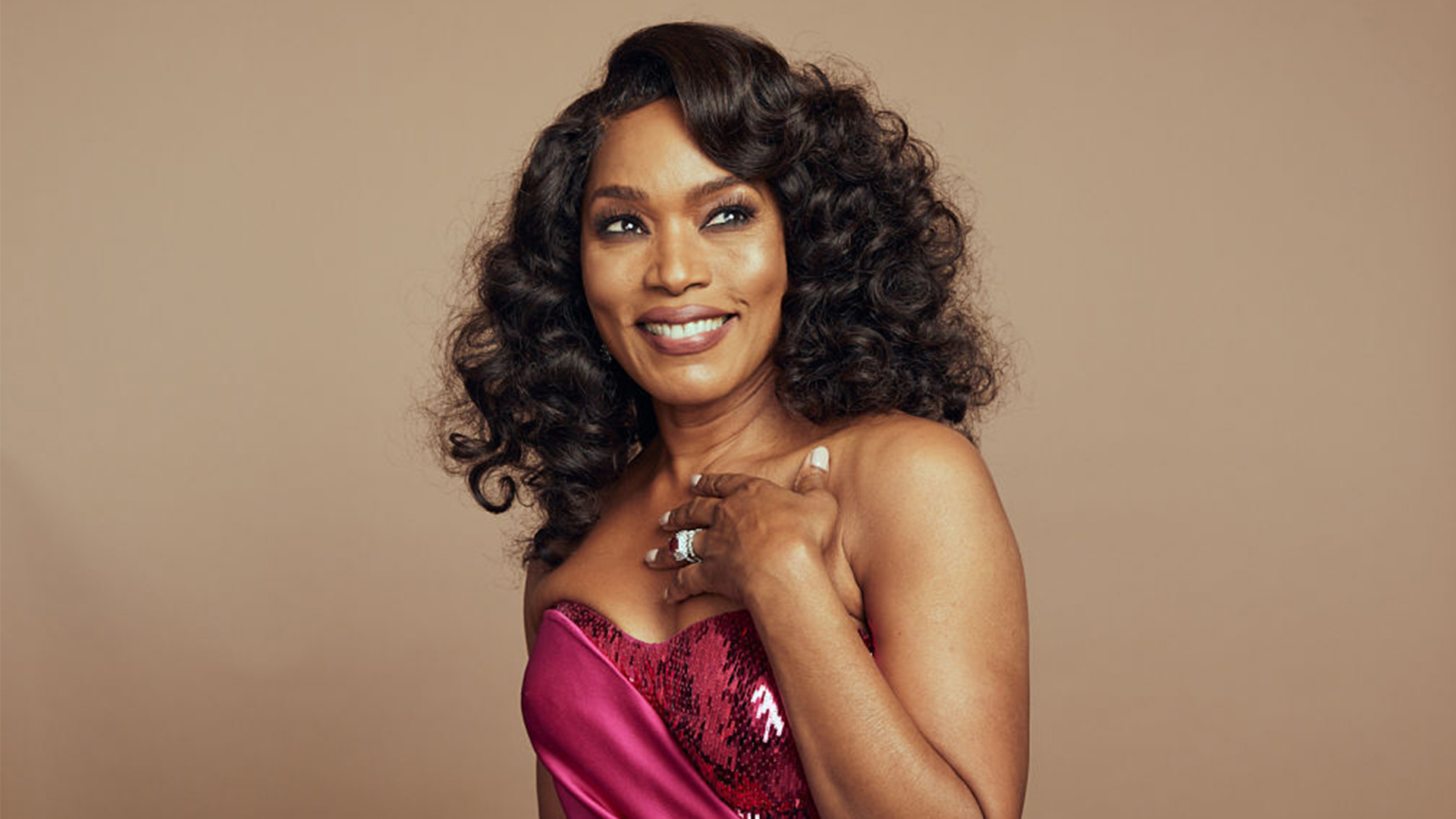Most Popular HBCU
Discover more of what matters to you
Latest Articles

Florida A&M University (FAMU) will be taking more strides to diversify student education in science, technology, engineering, and mathematics (STEM). According to the Tallahassee Democrat, the Historically Black College and University (HBCU) will be adding new graduate degrees in aerospace engineering beginning in fall 2025 . The decision was solidified during a virtual Academic and Student Affairs Committee meeting held on May 20, 2024, with the introduction of a master’s degree and a Ph.D. program in aerospace engineering through the FAMU-FSU College of Engineering. The joint engineering college with Florida State University is the only shared school of its kind. The degree offerings will also support the mission to increase education and degrees in STEM fields at FAMU in accordance with the Florida Board of Governors. The hope is that students will be qualified to pursue careers in aerospace and defense, space missions, manufacturing, spacecraft operations, and architectural...

Savannah State University’s class of 2024 have received a favorable start in their next chapter. According to her Instagram, while serving as commencement speaker, Slutty Vegan and Bar Vegan Founder Pinky Cole Hayes shared the news that $8.9 million would be gifted to the Georgia Historically Black College and University (HBCU) graduates in partnership with Operation Hope and One Million Black Businesses (1MBB). “We are excited about this fantastic opportunity for our students and grateful to Mrs. Cole Hayes for leading this investment opportunity,” Savannah State University Interim President Cynthia Robinson Alexander, said, according to VegOut. The investment will support an “Entrepreneurial Starter Pack,” which will gift students with mentorship from 1MBB, educational resources, a free three-month subscription to Shopify, and an eight-week small business training course that will encompass business plan development and financial management, VegOut notes. “I am passionate about...

Spelman College students have been reigning undefeated for the Goldman Sachs Market Madness Competition through the HBCU Possibilities Program. In April 2024, Victoria Cain, Makhi Frempong, Olivia Rivera-Spann, and Symone Thompson won the pitch competition and its $1 million top prize, according to a news release. The victory marks the HBCU’s third win in four years. “Emerging victorious in the Goldman Sachs Market Madness competition is a genuine reflection of our unwavering perseverance, meticulousness and the goodness of God,” said Frempong, who is an economics major, according to the news release. “This exceptional contest provided us with a platform to hone our abilities and visualize our forthcoming roles as analysts in the industry. It is a remarkable feat to be part of Spelman’s enduring heritage by virtue of our hard work. This journey has been truly extraordinary, demonstrating our growth as professionals in an astonishing manner.” The win came after Frempong, Cain,...

Angela Bassett is set to be honored in Atlanta, GA. In May 2024, the legendary actress will receive an honorary degree from Spelman College, according to WSB-TV 2 in Atlanta. What’s more, it was announced that Bassett is set to give the commencement speech to the HBCU’s class of 2024. “Spelman College is honored to have acclaimed actress and director Angela Bassett to bring words of inspiration to our graduating Class of 2024,” Spelman College President Dr. Helene D. Gayle said, according to the outlet. She continued, “Her work has had a tremendous impact both on and off the screen and serves as an example for our students to lead in their own spaces.” In addition to Bassett, Spelman College will honor Supreme Court Justice Ketanji Brown Jackson, award-winning journalist Rose Scott, and Reverend Dr. Yvette Flunder. Gayle says she looks forward to the honorees being a source of inspiration for not only the class of 2024 but also their families and the overall Spelman College...

This Tuskegee, AL-based Historically Black College and University (HBCU) has received a whopping donation. According to a news release, an anonymous donor has donated $20 million to Tuskegee University, which is going toward developing STEM programs and applied research. “This gift will allow us to invest in our students, faculty, programs and infrastructure, enabling us to enhance our academic reputation, enrich the student experience, and continue our work to reach milestones within our strategic plan,” Tuskegee University President Dr. Charlotte P. Morris shared in a statement. “It will provide additional resources for us to implement vital initiatives, further securing the campus, and foster a more dynamic community.” She continued, “We are grateful for this extraordinary act of philanthropy, which will undoubtedly leave a lasting impact on our university and its community. This contribution is a testament to our collective efforts and the enduring trust inspired by the Tuskegee...

Pharrell Williams’ action of clearing student debt has contributed to a good cause. As AFROTECH™ previously told you, the record producer and philanthropist surprised five NAACP student leaders with the news at the start of the Something In the Water Festival in Washington D.C. on June 17, 2022. Among the recipients at the time were Robyn Hughes, a junior at Southern University; Damarius Davis, an alumni of North Carolina A&T; Jamie Turner, an alumni of Norfolk State University; Channing Hill, a senior at Howard University; and Devan Vilfrard, a senior at Florida A&M University. Breaking: #SomethingInTheWater just announced they’re paying the student debt of all 6 panelists/NAACP members! #CancelStudentDebt pic.twitter.com/BqBS9AqIoc — NAACP (@NAACP) June 17, 2022 “Throughout my 3 years at Howard University I had personally accumulated over $18,000 in student loan debt and that figure becomes multiplied when you add on the loans my parents have accumulated,” Hill wrote in her...

Spelman College in Atlanta, GA, has announced a historic expansion of its curriculum. The liberal arts college’s science, technology, engineering, and math (STEM) program will now include a concentration in cosmetic chemistry for students majoring in chemistry and offer a minor in cosmetic science for students with outside majors, according to a news release. The announcement reportedly marks Spelman College as the first-ever Historically Black College and University (HBCU) to offer such a cosmetic science program. The expansion’s purpose is to provide students with technical knowledge for working in beauty and raise awareness about career opportunities in the ever-growing industry. Moreover, the school’s mission is to “ensure a gendered and racial perspective in product formulation and development” as only 2.5% of the beauty market is occupied by Black-owned brands, the news release notes. “This expansion of our curriculum speaks to Spelman’s innovation and commitment to giving...